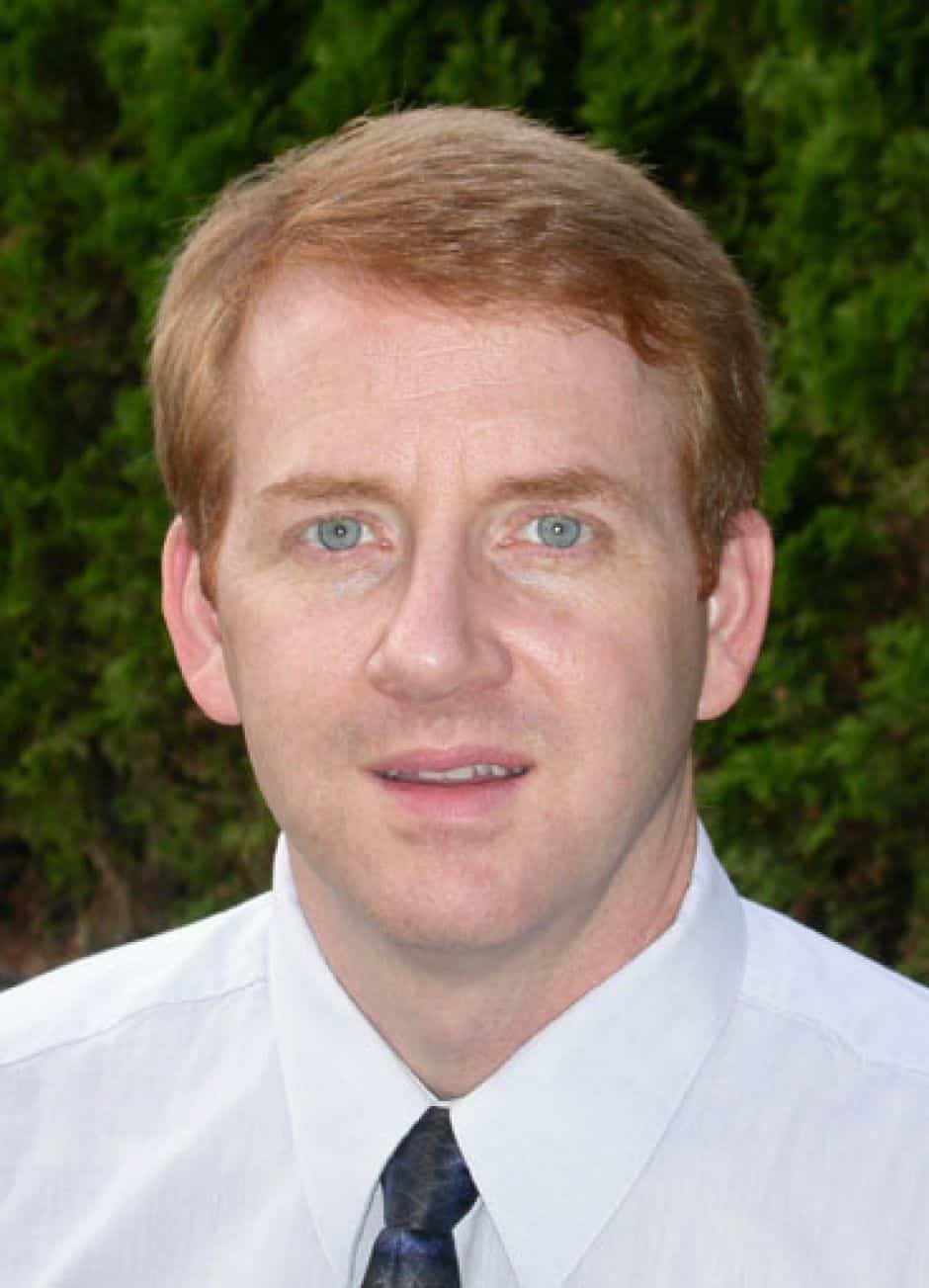Introduction
Citing the Center for Public Integrity’s recent “Science for Sale” series, a group of U.S. senators has asked the National Institutes of Health to make it easier to tell who funds research published in scientific journals.
Sen. Richard Blumenthal, D-Connecticut, on Wednesday released a letter sent to NIH Director Francis Collins asking that the National Library of Medicine make changes to its public database of 25 million journal articles, called PubMed, to reveal conflicts of interest in research.
“With industry now employing more scientists than nonprofits, universities and the government combined, and industry funding the research of many independent researchers, there are growing concerns about objectivity in numerous scientific disciplines — including nutrition science and research on health risk from chemicals,” the letter said.
The letter also cited a New York Times story about Coca-Cola Co. quietly funding academic researchers who blamed lack of exercise, rather than soft drinks and fast food, for the epidemic of obesity and diabetics.
The Center’s series revealed how scientific consultants working for the chemical industry publish journal articles that almost always claim their clients’ products are safe. Examples included two consulting firms, Gradient Corp. and Exponent, which published articles to help clients win asbestos lawsuits.
The NIH maintains a public database of medical and life sciences articles in more than 5,600 peer-reviewed journals. While the database often includes an abstract detailing the purpose of a study and its findings, the search results don’t reveal who paid for the research.
The NIH requires researchers with government grants to disclose conflicts of interest in journal articles. Many journals have their own disclosure policies.
“While scientists regularly use PubMed to conduct and inform research, millions of nonscientists — consumers, journalists, policymakers and others — also make use of this public resource,” the senators’ letter said.
The Center analyzed the funding of 149 articles published by principal scientists at Gradient and found that 98 percent of the time the articles found that chemicals did not pose risks that would require stricter regulations. In order to obtain the funding information, a reporter had to go to National Library of Medicine in Bethesda, Maryland, to get the complete copy of each article.
Senators who signed the NIH letter Wednesday in addition to Blumenthal were Democrats Elizabeth Warren of Massachusetts, Edward Markey of Massachusetts, Brian Schatz of Hawaii and Richard Durbin of Illinois.
Read more in Environment
Environment
‘It just ruined everything — the whole life’
Feeling abandoned by state regulators, hundreds of rural Pennsylvanians endure contaminated well water they blame on fracking
Environment
Hot mess: states struggle to deal with radioactive fracking waste
Potentially dangerous drilling byproducts are being dumped in landfills throughout the Marcellus Shale with few controls

Join the conversation
Show Comments